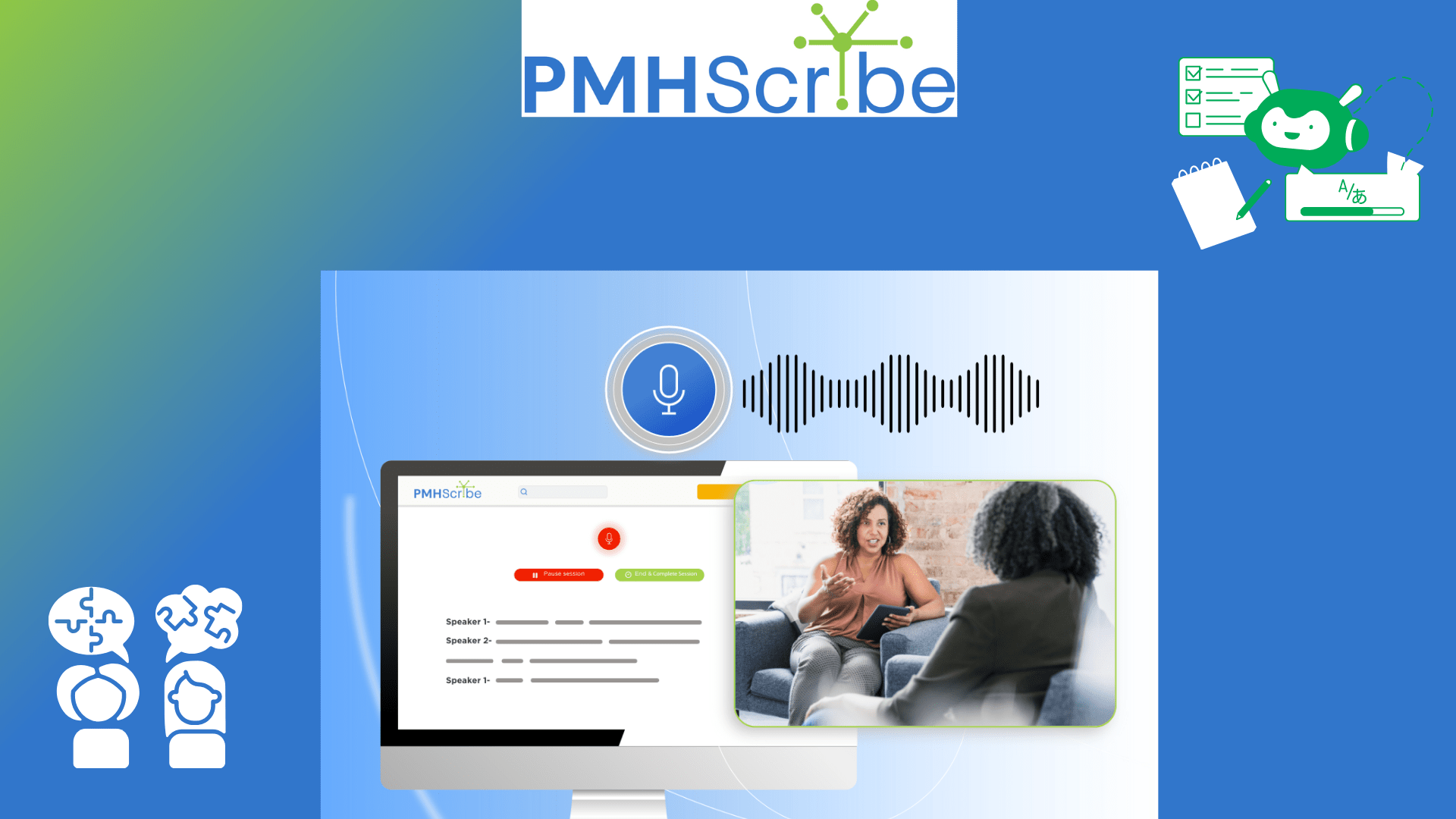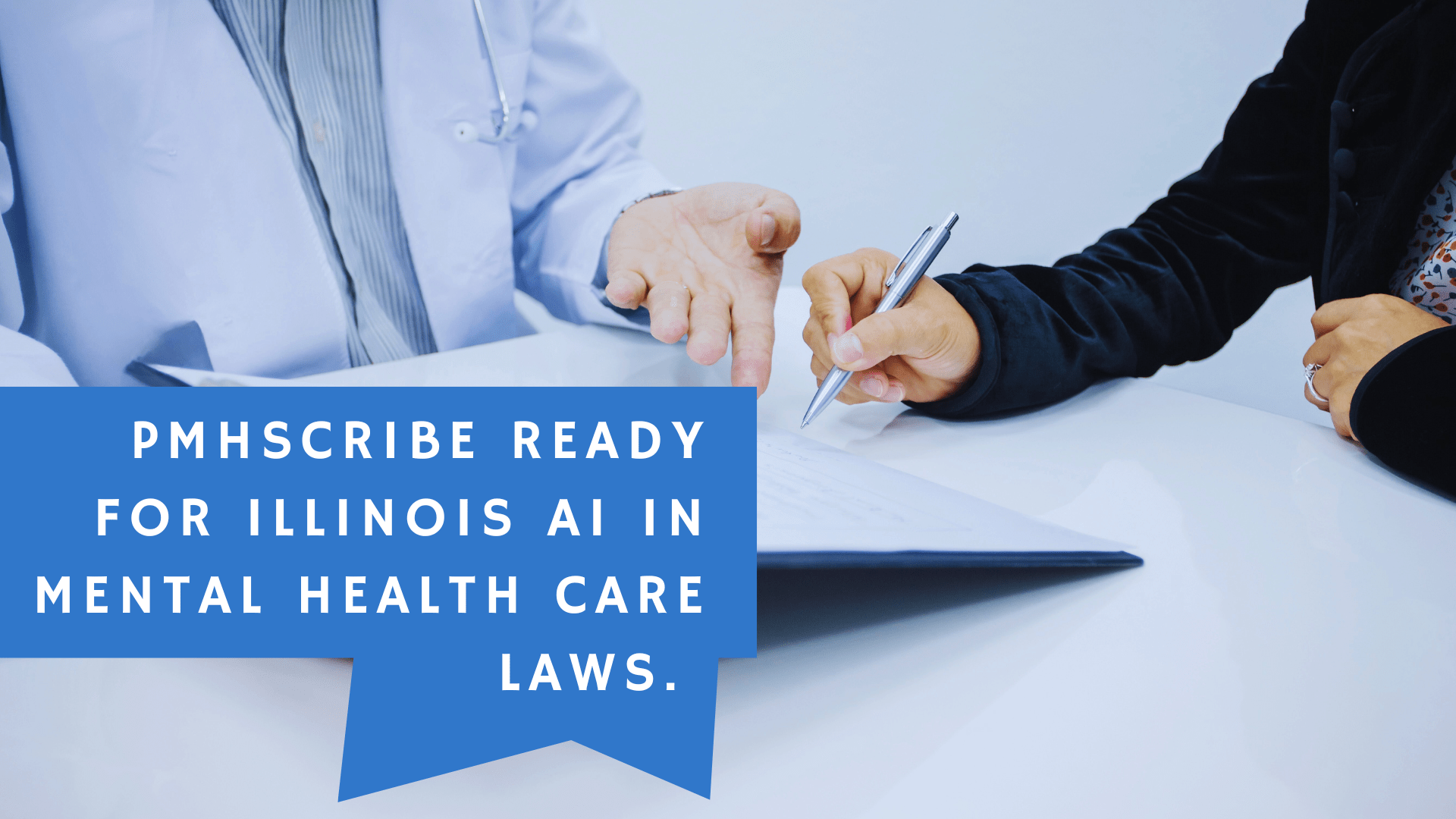Clinician burnout continues to be one of the most pressing challenges in healthcare today. Long hours spent in the electronic health record (EHR) are a major contributor, often extending the workday well beyond clinical hours. Artificial intelligence (AI) scribes are now emerging as a proven way to reclaim time and improve both productivity and satisfaction.
A recent study published in JAMA Network Open by researchers at the University of Chicago (Pearlman et al., 2025) provides compelling evidence that AI scribes can significantly improve documentation efficiency without compromising quality or patient care.
What the JAMA Study Found
The study analyzed more than 600 clinicians and compared those who used an AI scribe with those who did not. The results were clear:
- Clinicians using AI scribes spent 8.5% less time in the EHR, averaging 2.4 minutes less per appointment.
- Time spent writing notes decreased by 15.9%, or 1.8 minutes per appointment.
- The most substantial benefits were seen among female clinicians, primary care providers, and medical subspecialists.
- There was no increase in appointment length or after-hours documentation, often referred to as “pajama time.”
While a two-minute reduction per visit may seem small, the time savings accumulate rapidly across a full clinical day. A provider seeing 20 patients could gain nearly one additional hour for patient care, teaching, or simply catching up.
PMHScribe Users Are Seeing Even Greater Gains
The results of the JAMA study closely mirror what PMHScribe users are reporting in real-world practice. Many clinicians using PMHScribe’s AI scribe software are saving two to three hours per day compared to traditional documentation workflows.
Across specialties, users report up to a 30 percent increase in productivity, often finishing their notes before the end of the workday and spending more time focused on patients instead of typing.
PMHScribe’s AI scribe is designed specifically for psychiatry and mental health workflows, with structured formatting, clinical logic, and customizable templates that help providers capture the nuances of therapy, medication management, and follow-up care. By streamlining note generation and coding while maintaining clinical accuracy, PMHScribe enables clinicians to work efficiently and safely.
Why This Matters
AI scribes are not replacing clinicians. They are supporting them. By eliminating repetitive documentation tasks and creating structured, accurate notes from real conversations, AI scribes allow clinicians to focus on what matters most: listening, thinking, and caring.
The JAMA study adds to a growing body of research validating what many clinicians already know from experience, AI-powered documentation tools can reduce burnout and improve clinical flow.
At PMHScribe, these findings reinforce our mission to help psychiatrists, nurse practitioners, counselors, group practices reclaim their time and bring joy back to documentation.
Read the Full Study
Pearlman K, Wan W, Shah S, Laiteerapong N. Use of an AI Scribe and Electronic Health Record Efficiency. JAMA Network Open. 2025;8(10):e2537000.




